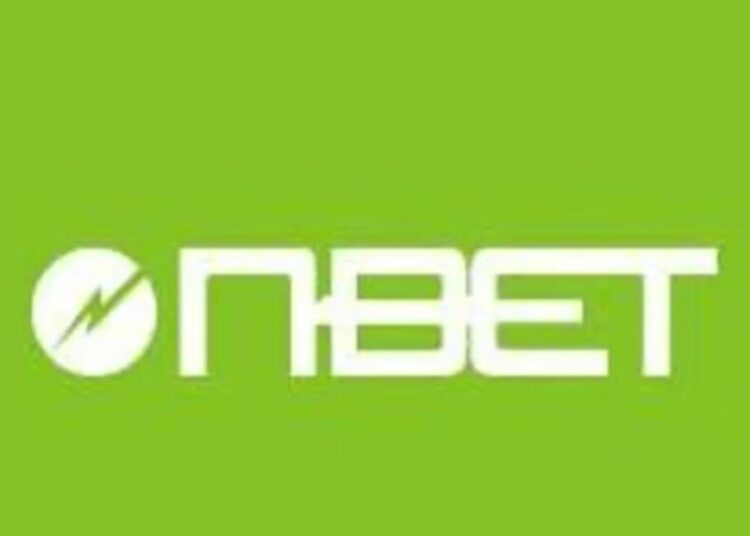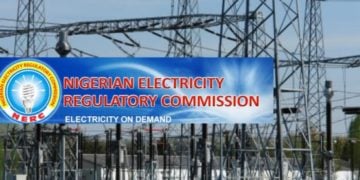Stakeholders have rallied in support of the Nigerian Bulk Electricity Trading (NBET) Plc as it seeks the renewal of its trading licence.
NBET is pursuing a five-year renewal of its operating licence to enable it continue its role in facilitating the trading of electricity in Nigeria’s power sector after the expiration of its current three-year licence on November 21, 2024.
NBET is a Federal Government of Nigeria owned public liability company. The Bureau of Public Enterprises and Ministry of Finance Incorporated are its shareholders with 80 per cent and 20 per cent stakes respectively.
Speaking during a public hearing on NBET’s application for another five-year licence, organised by the Nigerian Electricity Regulatory Commission, (NERC), in Abuja, yesterday, the stakeholders said without a vesting contract backed by NBET it would be difficult to secure financing from banks.
Opening proceedings at the hearing, NERC’s commissioner for Licensing and Rates, Dafe Akpeneye, said the operating licence for NBET which was initially granted for 10 years in 2011 and renewed for three years in 2021 is due to expire in two months time.
Akpeneye noted that the power landscape changed significantly in the past one year following the enactment of the Electricity Act 2023, NBET needs to redefine its role in the Nigerian Electricity Supply Industry, NESI.
He noted that with the sector moving towards bilateral contracting that would have no government input, NBET must justify its role.
“We are moving to bilateral contracting. We now have cost-reflective tariffs for a certain band of customers. And with that as well, we can see that there’s been vast improvement in supply.
“People call us from time to time to tell us that supply has improved. And the next move now is to move to bilateral contracting, whereby the excuse that the government is standing in our way, or government is holding back, will no longer be there. If Mainstream enters into a contract with a utility, those are two private parties, and they will bear the full consequences of the terms of their commercial transactions”, he added.
Making a case for the renewal of NBET licence for another five years, its acting managing director, Johnson Akinnawo said the bulk electricity trader has in the past 13 years become the bridge between operators in the sector.
He explained that NBET has transparently administered a contracts portfolio with an annual trading volume in excess of $2 billion, pointing out that NBET has made considerable progress in its quest to achieve its mission of being an effective and efficient catalyst for private sector investment in the electricity industry.
“NBET has done this by executing power purchase agreements and vesting contracts that paved the way for the privatisation of the former PHCN companies”, he added.
Akinnawo explained that the company’s vision is the attainment of a self-sustaining electricity market driven by market forces where public funding and guarantees will no longer be the drivers of investments and transactions.
Speaking in support of NBET operating licence renewal, the managing director/CEO, Azura Power West Africa Limited, Plant, Edu Okeke said the renewal would boost investors’ confidence in the Nigerian power sector.
With Azura-Edo IPP having a 20-year power purchase agreement with NBET, Okeke noted that it was important that the agency remains in the sector.
He called for the scrapping of periodic licences for operators, saying it does not happen in other sectors.
He explained that it would be difficult for any of the operators that has NBET as customers to secure loans for periods longer than NBET’s licence duration.
“So, I think that NERC should actually do away with licences that have expiration dates. When you issue a licence to a licensee, if they don’t abide by the terms of that licence, you can withdraw it.
“Can we imagine what would happen today in the banking sector if the CBN issued a licence for 10 years? All of a sudden, all the banks will go because they can’t raise finance. The same thing with telecom. Can you imagine MTN and when they were about to come in and say your licence is for 10 years? No, MTN would not have built anything.
“So this has a very big effect. So my own submission is, based on everything, for me as Azura. For me, I’m selfish on this one. NBET is the custodian of my PPA. NBET has the right and power to novate it to other entities as long as those entities meet certain conditions. But I tell you that if we start this discussion today to novate those contracts, it will take at least a year or two years to finish it.
“So NBET is still needed for a very long time even to novate those contracts. And now we look at the bilateral, we know that NBET is going to play a role there. So I will say, as a regulator, give NBET unlimited, no fixed licence extension”, advocated.
Also speaking, the Market Operator, Transmission Company of Nigeria, (TCN), Ali Ahmad said the NBET licence renewal would maintain stability in the supply chain.
“I want to lend my voice to the renewal of the NBET’s licence. We support that rule because they signed the existing PPA’s and they understand better what they signed.
And they should actually live to the expectation of the PPAs that were signed. I don’t think there is any better entity that would take care of those PPAs.
Ahmad however disagreed that NBET’s licence should have no fixed tenure.
“I don’t agree with the MD of Azura. NBET’s licence should not be forever. You cannot sign a licence forever. It should be for specific terms,” he said.
Also speaking, general manager, Regulations, TCN, Dr. Edmund Eje said that the extension of the bulk trader’s licence will make the financiers have that level of confidence in probably putting up their money.
“For instance, if we give Johnson or NBET three years, and then a bank wants to do some financing, when they look at three years, they will not be able to do anything. So I pray that the Commission looks into that aspect and see, even if it is a minimum of five years at the first instance, I think that will go well,” he said.





